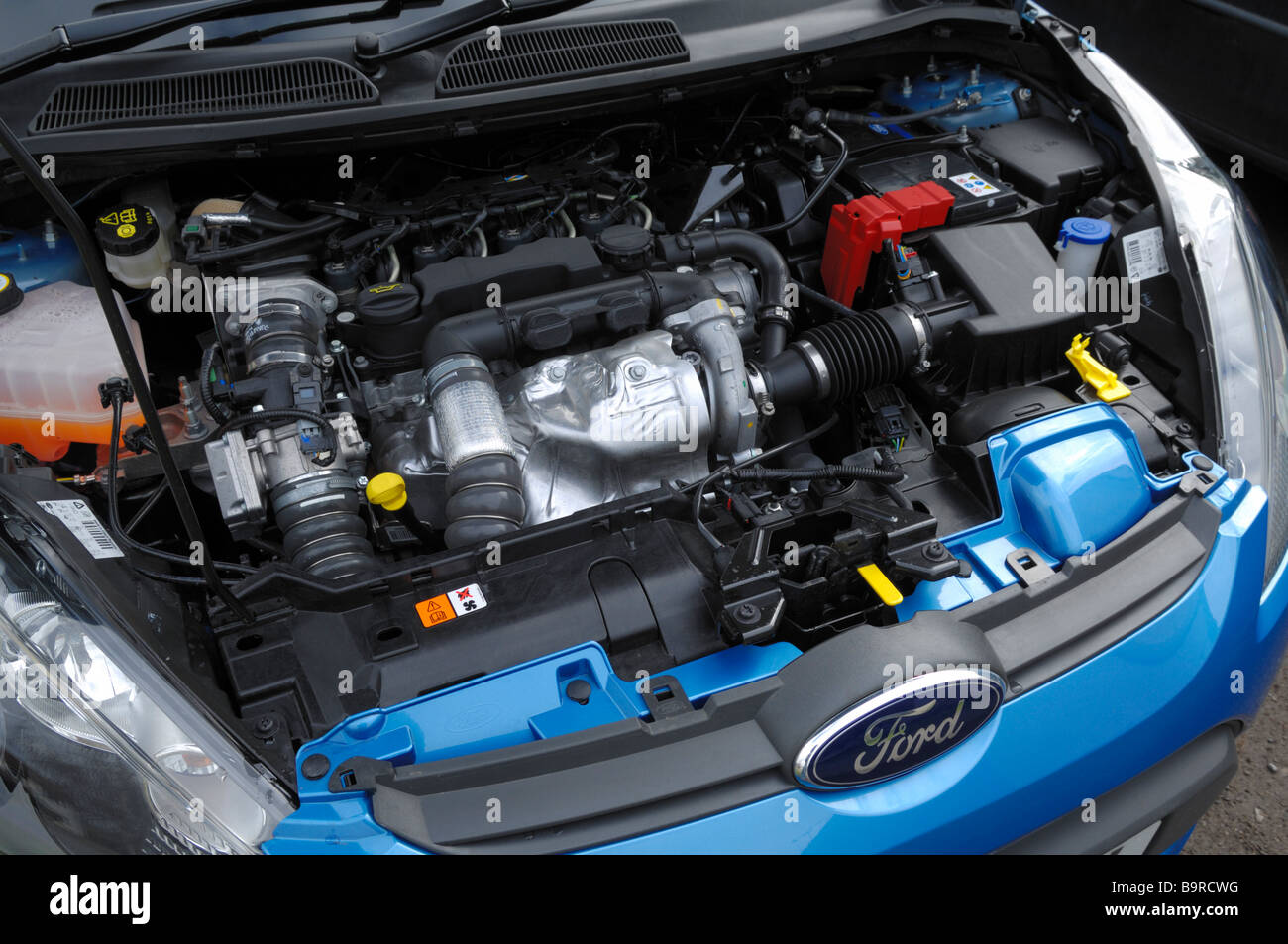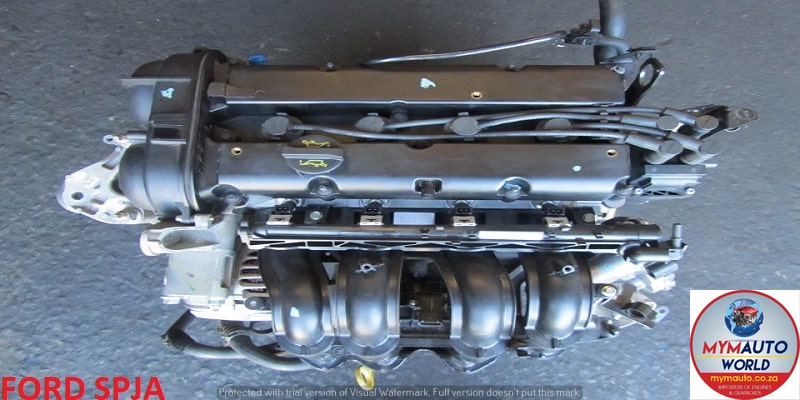The Future of Engines: Developments Driving Sustainable Power Solutions
As the vehicle market navigates the important change in the direction of sustainability, the future of engines is significantly defined by groundbreaking developments. Electric engine innovations, together with encouraging growths in hydrogen fuel cells and biofuels, are improving the landscape of power solutions. The development of hybrid systems better complicates this development, presenting both difficulties and possibilities to minimize exhausts successfully. Combined with the assimilation of man-made knowledge in engine layout, these technical strides elevate important inquiries regarding their long-term stability and influence on conventional paradigms. What might this indicate for the industry and consumers alike?
Electric Engine Dope
The evolution of electrical engine developments indicates an essential change in the aerospace and automotive sectors, driven by the urgent requirement for lasting alternatives to fossil fuels. This shift is characterized by considerable advancements in battery technology, power electronic devices, and electric motor layout, which collectively boost the performance and efficiency of electric engines.
Recent technologies have led to the creation of lighter, much more energy-dense batteries, such as lithium-silicon and solid-state batteries, which promise longer varieties and much shorter billing times. Furthermore, improvements in electric motor performance, such as using permanent magnets and progressed cooling systems, enable electric engines to operate efficiently under differing problems. These enhancements not just enhance automobile efficiency however likewise contribute to a decrease in general energy intake.
Moreover, the assimilation of innovative software application formulas has maximized power management in electric cars, enabling regenerative stopping and anticipating billing methods. As manufacturers significantly welcome electrical propulsion, the aerospace and vehicle fields are witnessing a paradigm shift towards greener innovations. This advancement not only satisfies regulative demands but additionally aligns with consumer preferences for eco pleasant transport remedies, solidifying electrical engines as a foundation of future sustainable flexibility.
Developments in Biofuels
As the aerospace and auto markets progressively focus on sustainable power resources, developments in biofuels emerge as a complementary option to electrical engines. Biofuels, originated from natural materials such as crops, waste, and algae, present an innovative avenue for minimizing greenhouse gas exhausts and dependence on fossil gas.
Recent research study has actually concentrated on improving the efficiency and sustainability of biofuel manufacturing. Second-generation biofuels make use of non-food feedstocks, lessening competition with food supply and minimizing environmental effect. Furthermore, developments in artificial biology have made it possible for the engineering of microbes to create biofuels a lot more efficiently, causing higher returns and lower manufacturing costs.
In addition, the growth of drop-in biofuels enables smooth combination into existing framework, allowing a smoother shift for industries typically depending on fossil fuels. ford fiesta engine. These gas can be utilized in existing engines without modifications, facilitating their fostering across numerous fields
Investments in biofuel modern technology, together with supportive plans, are necessary to drive advancement and scalability. As the global area looks for to combat climate change, biofuels offer a pragmatic, instant remedy that straightens with the overarching objective of sustainability in transport and aeronautics.
Hydrogen Gas Cell Modern Technology
An expanding number of firms and researchers are discovering hydrogen gas cell technology as a practical option to standard source of power in transport and power systems. This modern technology transforms chemical power from hydrogen into electrical energy through an electrochemical reaction, with water as the only by-product, making it an eco-friendly choice.
The core of hydrogen gas cells is the fuel cell stack, where hydrogen particles are split right into protons and electrons. The circulation of electrons produces electrical energy, while protons relocate click here to find out more via a membrane layer to incorporate with oxygen from the air, forming water. This procedure causes high performance and reduced discharges, placing hydrogen fuel cells as a crucial gamer in the shift to lasting energy.
Substantial improvements have been made in enhancing right here the resilience and effectiveness of gas cells, alongside lowering prices via cutting-edge manufacturing methods. The advancement of hydrogen manufacturing methods, such as electrolysis powered by sustainable energy resources, enhances the sustainability of the overall system. As facilities for hydrogen refueling expands and production techniques end up being much more efficient, hydrogen fuel cell modern technology holds great assurance for decarbonizing numerous industries, consisting of sturdy transportation and stationary power generation.
Hybrid Systems and Their Impact
Hybrid systems stand for a substantial advancement in sustainable engine modern technology, merging traditional interior burning engines with electric propulsion to optimize power efficiency and reduce discharges (ford fiesta engine). This twin technique allows cars to utilize both source of power, allowing higher adaptability in energy intake and minimizing dependence on nonrenewable fuel sources

Along with environmental benefits, hybrid systems use customers a sensible change towards totally electric automobiles. They relieve array anxiousness by combining the benefit of fuel with the advantages of electrical propulsion, making them an eye-catching option for a wider target market. As manufacturers buy hybrid technology, the growth of advanced battery systems and light-weight products remains to enhance performance. On the whole, hybrid systems represent an essential action towards attaining lasting transportation and resolving the urgent need for eco-friendly power solutions.
The Duty of AI in Engine Layout
Leveraging innovative formulas and artificial intelligence methods, the automobile sector is significantly incorporating synthetic knowledge (AI) right into engine layout procedures. AI enhances the performance and efficiency of style by assessing vast datasets to identify ideal configurations and efficiency criteria. This capacity allows engineers to imitate various operating problems and anticipate engine actions under several scenarios, significantly reducing the time and expense connected with typical prototyping approaches.
In addition, AI assists in the discover here advancement of innovative materials and combustion procedures customized for sustainability. By enhancing fuel effectiveness and decreasing discharges, AI-driven designs straighten with international campaigns aimed at lowering the carbon impact of automobile engines. Artificial intelligence formulas can also predict upkeep needs, causing improved dependability and long life of engine parts.
Moreover, AI contributes in the combination of electrification technologies, such as hybrid systems, where it can enhance battery management and power recovery processes. As the market relocates towards more lasting power solutions, the function of AI in engine style comes to be progressively crucial, driving technology and enhancing the performance of future engines. Eventually, the cooperation in between AI and engine layout heralds a new period of smarter, cleaner, and extra efficient automobile technologies.

Verdict
To conclude, the future of engines is being formed by a convergence of ingenious modern technologies that focus on sustainability. Electric engine advancements, biofuel advancements, hydrogen gas cells, and hybrid systems collectively contribute to a considerable decrease in exhausts and ecological impact. Additionally, the combination of expert system in engine design enhances efficiency and performance. These transformative solutions highlight a commitment to producing a cleaner, much more sustainable automobile landscape, eventually benefiting both society and the atmosphere.
Electric engine developments, together with promising developments in hydrogen fuel cells and biofuels, are improving the landscape of power remedies. Furthermore, improvements in electric motor performance, such as the usage of long-term magnets and advanced cooling down systems, allow electric engines to run successfully under varying conditions. By optimizing gas effectiveness and decreasing exhausts, AI-driven layouts straighten with international campaigns intended at decreasing the carbon footprint of auto engines. As the market moves in the direction of more sustainable power remedies, the role of AI in engine layout becomes progressively crucial, driving development and enhancing the performance of future engines. Electric engine improvements, biofuel developments, hydrogen gas cells, and crossbreed systems jointly contribute to a substantial reduction in emissions and environmental effect.